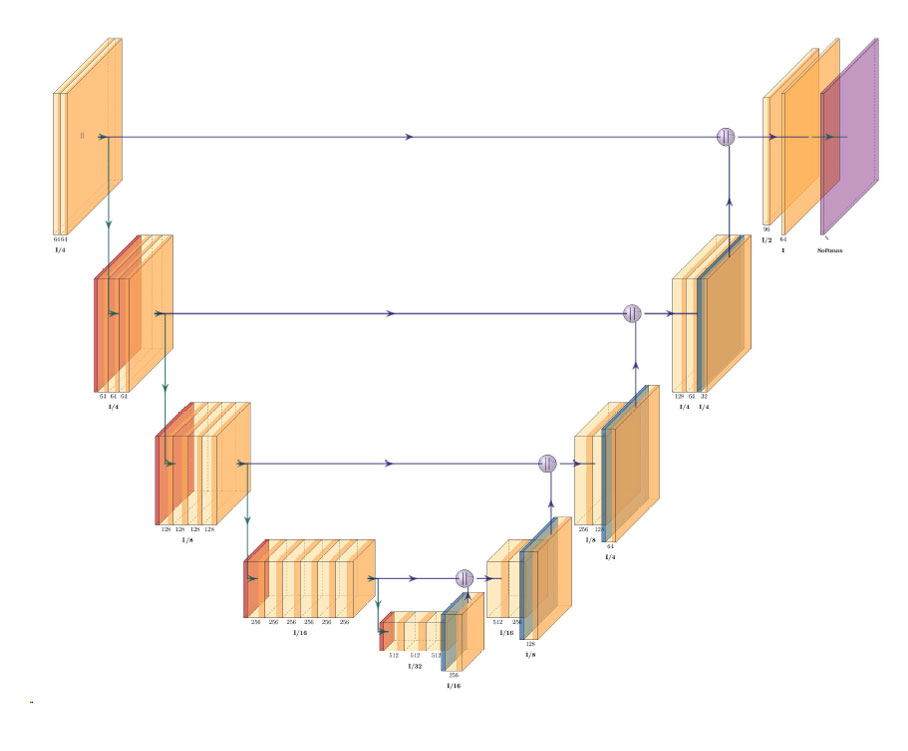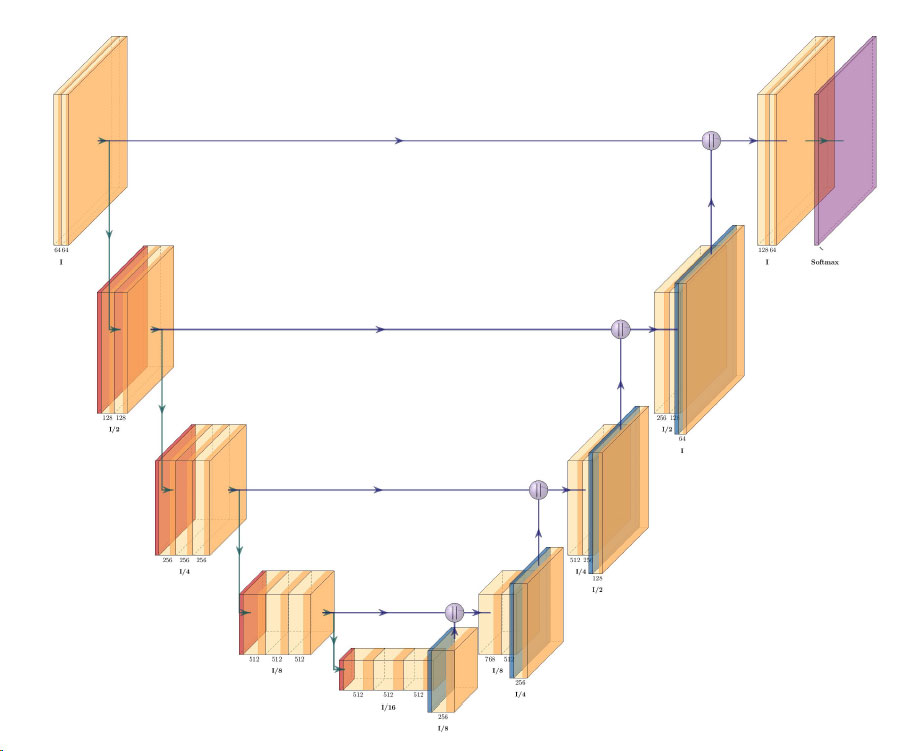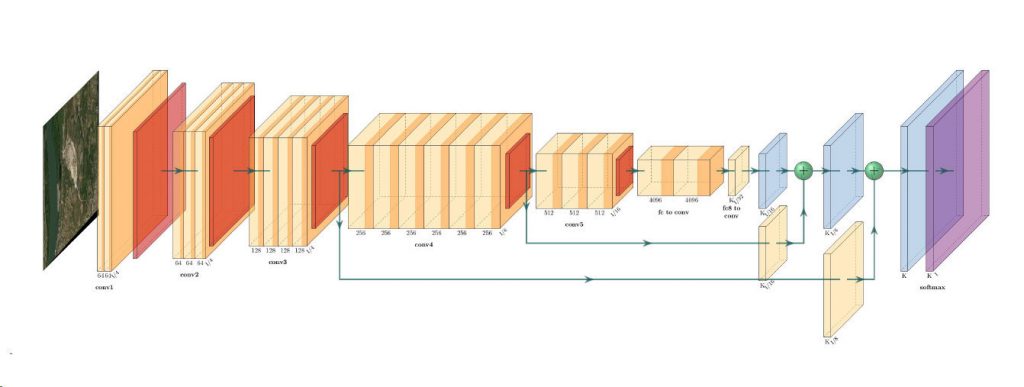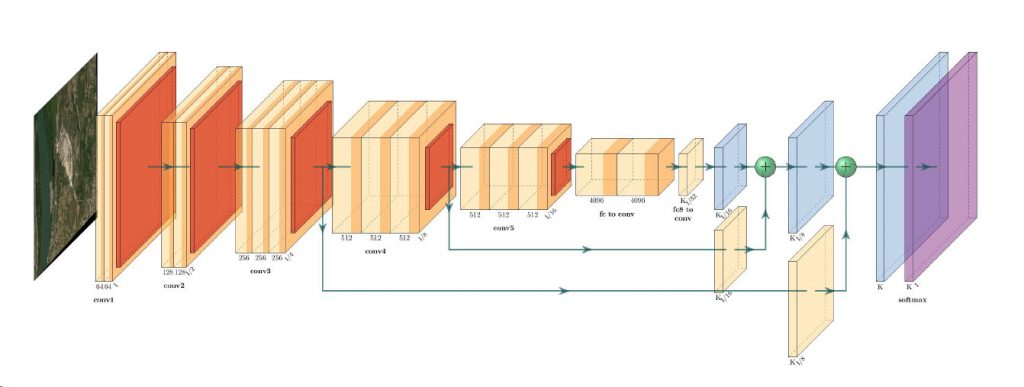European Space Imaging Partner in Newly Launched MARSAT Consortium
- European Space Imaging
- 15 September, 2016
MARSAT consortium announced it is ready to provide innovative space-based applications using satellite-derived information for the maritime and coastal industry. MARSAT’s main goal is to create integrated satellite-based services to improve safety and efficiency in shipping, offshore industries, emergency response and rescue operations.
“MARSAT is an ambitious project, which brings together competence of specialists in satellite data provision and analysis, IT and the maritime industry. This team will lay the ground for improved decision making for shipping route optimization, offshore planning and maintenance as well as emergency events”, said Dr. Knut Hartmann, Project Coordinator MARSAT, EOMAP GmbH & Co KG
MARSAT is a consortium of six German companies, EOMAP GmbH & Co KG, Drift & Noise Polar Services GmbH, European Space Imaging GmbH, Institute of Shipping Economics and Logistics (ISL), SevenCs GmbH, TRENZ AG, and is funded by BMWi, the German Federal Ministry for Economic Affairs and Energy. The kick-off meeting was successfully held at the end of August 2016 at the German Aerospace Center (DLR) Space Administration in Bonn, Germany and marked the starting point of this 2.5 year project.

MARSAT – Satellite Services for the Maritime Industry
“The use of satellite data and Earth Observation products in the maritime world has an enormous potential. We are at the very beginning, just starting to get a glimpse at the possibilities and huge benefits these innovative technologies will offer.” Dr. Nils Meyer-Larsen, Project Manager, ISL
The technical goals of MARSAT are to create and integrate operational services to allow the maritime industry to take advantage of the most up-to-date satellite information in their day-to-day work. This requires setting up an efficient IT infrastructure to share, integrate and implement satellite-derived data quickly and efficiently from various satellite sources. Services such as ice detection and drift, obstruction and bathymetry mapping will be integrated in maritime information systems so that, e.g., shipping routes can be optimized, up-to date information made available for rescue or emergency events, and base data provided for environmental and coastal use cases within user friendly applications.

Port facilities in Hamburg, Germany imaged by WorldView-2, 3 Oct 2015.
“European Space Imaging believes in the potential of the Earth Observation industry to offer integrated, more user-friendly and sustainable services to the maritime industry. By uniting satellite-based information services into existing maritime information structures we will create better services and provide more safety in the industry,” says Adrian Zevenbergen, Managing Director, European Space, Imaging.
MARSAT is a dynamic and steadily growing network of data suppliers, users and academia, and cooperation is more than welcome.
Related Stories
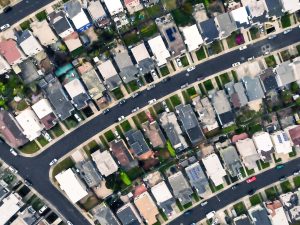
EUSI and Albedo Partner to Deliver 10 cm Resolution Satellite Imagery to Europe
It is our pleasure to announce the partnership with Albedo, a builder of high-performance spacecraft and the first satellite designed to operate commercially in VLEO (Very Low Earth Orbit). This partnership will bring the world’s highest resolution satellite imagery to the European and North African market.

Updating the Land Parcel Identification Systems in 2025: The Benefits of Using Satellite Images
Agricultural paying agencies across Europe face increasing challenges in maintaining accurate and up-to-date Land Parcel Identification Systems (LPIS), ensuring compliance with the Common Agricultural Policy (CAP) and supporting sustainable agricultural practices.

EUSI Confirms Uninterrupted Satellite Imagery Support for Ukraine and European Security
With the successful launch of Maxar Intelligence’s second set of WorldView Legion satellites, European Space Imaging (EUSI) will soon offer up to eight daily collection opportunities in key latitudes across Europe and North Africa – a number that will increase after the final WorldView Legion satellites are launched and all six satellites are operational.

Civil Mapping: Three Case Studies From Germany
Three land-surveying authorities finished large-scale mapping projects using very high resolution satellite images in 2024. These are the challenges, solutions and results:


